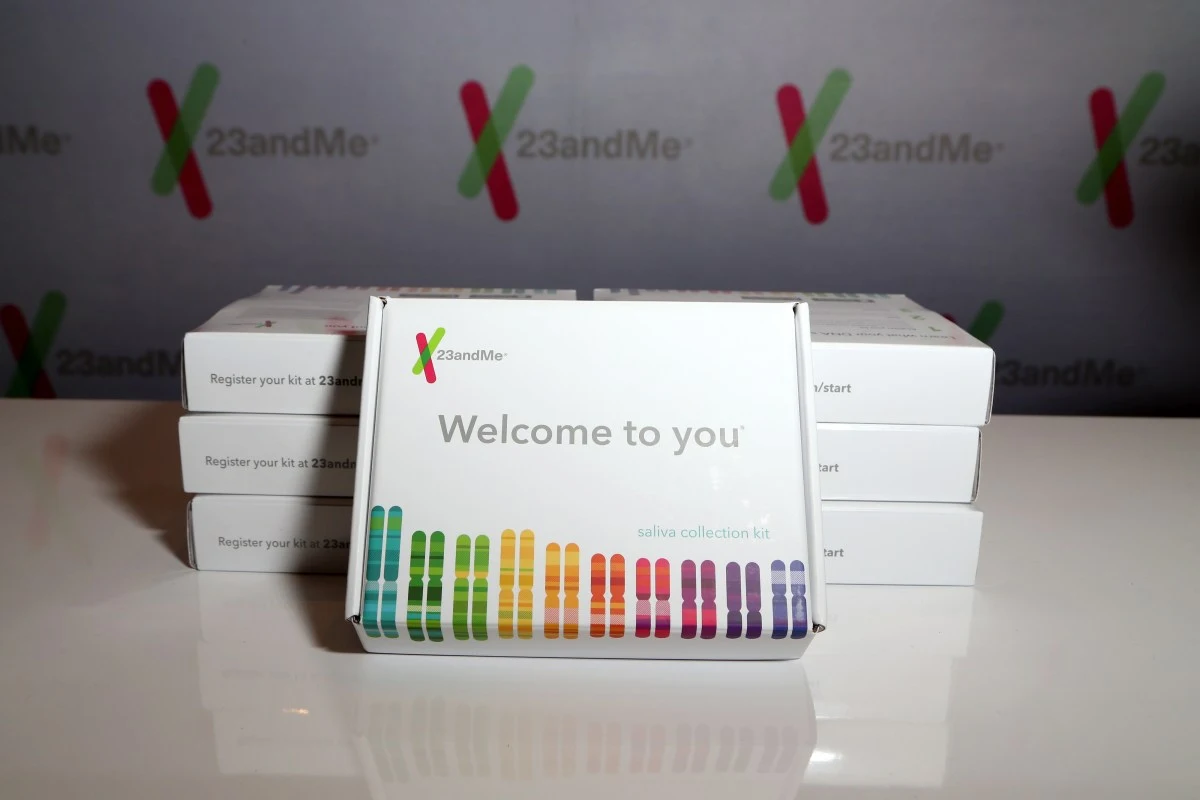This is the best summary I could come up with:
“Rather than acknowledge its role in this data security disaster, 23andMe has apparently decided to leave its customers out to dry while downplaying the seriousness of these events,” Hassan Zavareei, one of the lawyers representing the victims who received the letter from 23andMe, told TechCrunch in an email.
In December, 23andMe admitted that hackers had stolen the genetic and ancestry data of 6.9 million users, nearly half of all its customers.
The hackers broke into this first set of victims by brute-forcing accounts with passwords that were known to be associated with the targeted customers, a technique known as credential stuffing.
“The breach impacted millions of consumers whose data was exposed through the DNA Relatives feature on 23andMe’s platform, not because they used recycled passwords.
23andMe’s attempt to shirk responsibility by blaming its customers does nothing for these millions of consumers whose data was compromised through no fault of their own whatsoever,” said Zavareei.
Lawyers with experience representing data breach victims told TechCrunch that the changes were “cynical,” “self-serving,” and “a desperate attempt” to protect itself and deter customers from going after the company.
The original article contains 721 words, the summary contains 184 words. Saved 74%. I'm a bot and I'm open source!


